One problem with any registration scheme is that gun owners’ personal information becomes centralized. In a world where hackers get into literally everything, that should make a lot of people uncomfortable. The same is true of concealed carry permit requirements.
However, the idea that gun owners’ information should be public record–namely, who has what kind of guns and where they live–is another aspect that cannot be overlooked.
In California, a lot of gun owners with carry permits were looking at their names ending up in places they don’t want them.
Luckily, at least for now, that effort has been put to a halt.
Sharing California gun owners’ personal data is a situation that’s ripe for abuse. And given the state’s record of doxxing gun owners, it puts law-abiding citizens at risk. That’s why a group of gun rights orgs sued to block the data dumps. And the state’s abysmal record played into San Diego Superior Court Judge Katherine Bacal’s decision. As she wrote . . .
Defendant responds plaintiffs cannot establish irreparable harm because the personal identifying information has already been shared with researchers as recently as November of 2021. Opp. at 17. Yet this does not account for the potential ongoing and future harms that could occur by continuous use of the information. Additionally, although the most recent sharing of plaintiffs’ personal identifying information occurred in November of 2021, this does not necessarily mean that future requests for data would not occur in the interim. Furthermore, and while this motion has been pending, a massive data breach reportedly occurred that leaked personal identifying information from the firearm databases for concealed carry applicants in or about June of 2022. See ROA # 85 at 5. Accordingly, plaintiffs have shown that the balance of harms weighs in favor of issuing the injunction. (emphasis added)
As a result, the judge has issued an injunction.
See, this is a big problem that absolutely no one can really solve. Hacking is a thing and gun owners deserve a degree of anonymity. Particularly in a place so hostile to gun ownership. The more systems where that information resides, the greater the possibility of that system being targeted by hackers.
While you can make the case that police departments need access to a centralized database of permit holders, the truth is that no one else needs that information.
The injunction means that, at least for now, that information doesn’t have to be handed over to universities or other such places.
Which is good because we all know that many of these places are just as hostile toward gun ownership as the current government of California. They’re going to use this information in such a way as to try and undermine the Second Amendment. We’ve seen how they do it before.
Unfortunately, the question is whether the injunction will hold. Will this practice be brought to an end? I’d love to tell you it would, but I’m not so sure. This is arguably not a gun control question, despite its relationship to firearms and the Second Amendment. There’s no aspect of this that directly restricts what anyone can do with a gun.
This is about the data itself, and that’s not covered under a ruling like Bruen, and that will make this an interesting case going forward.
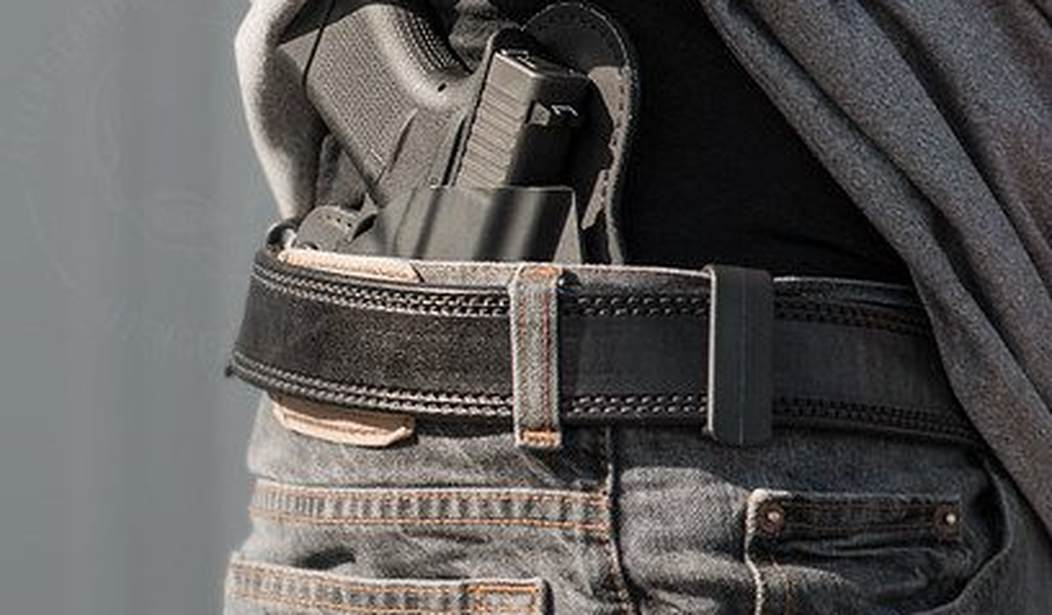

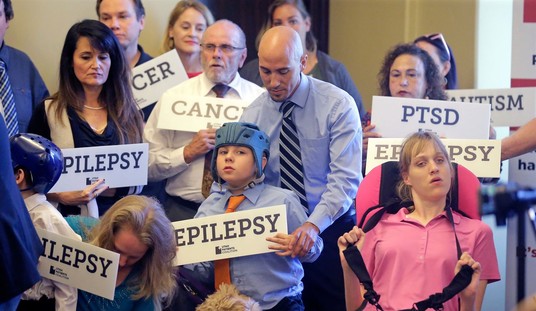

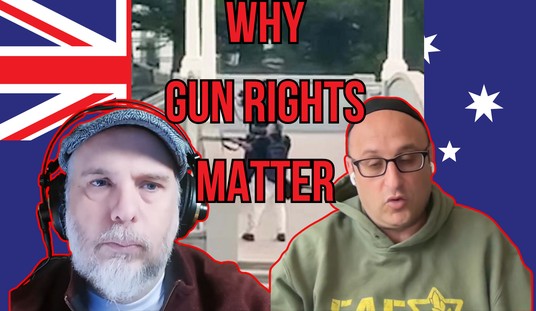

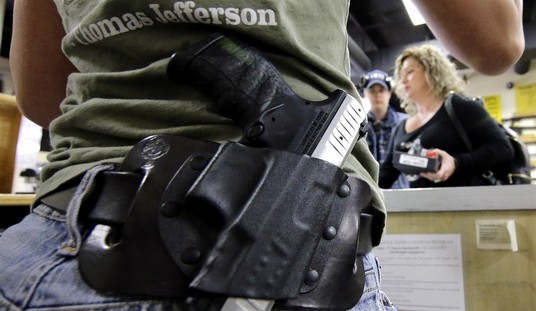
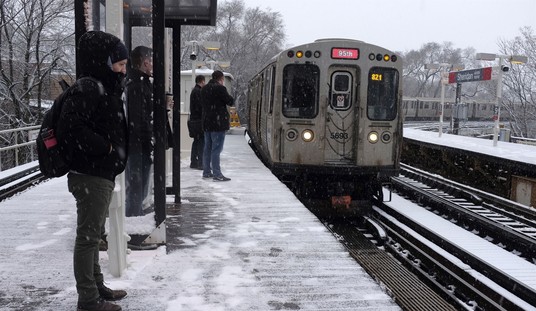
Join the conversation as a VIP Member